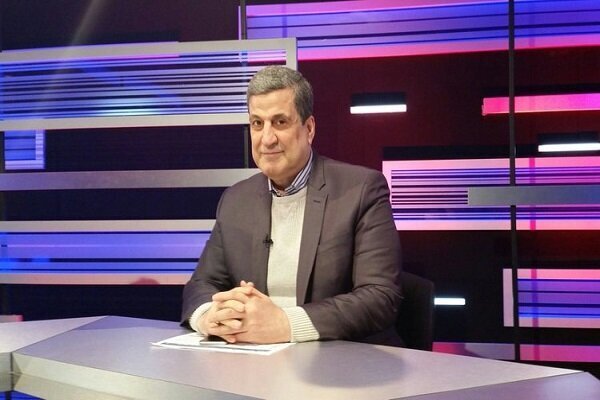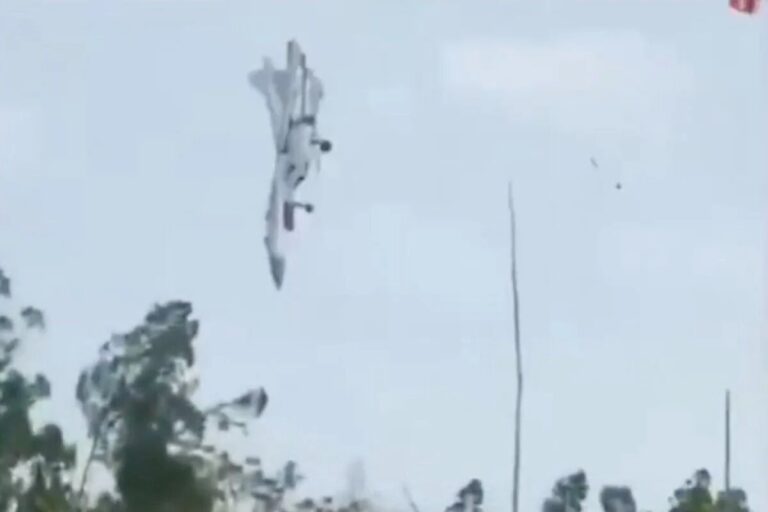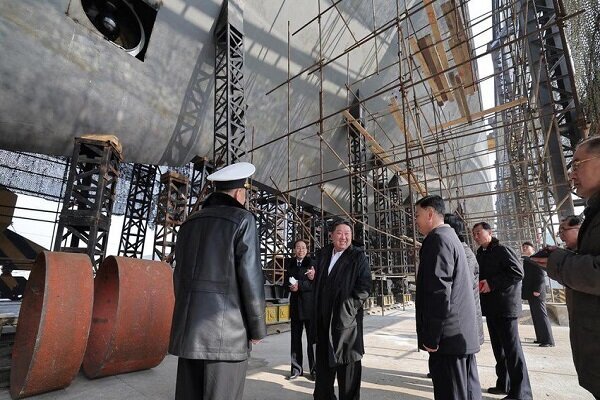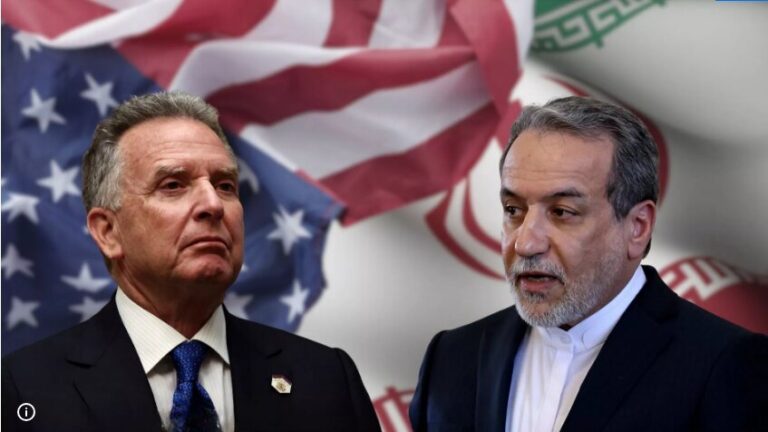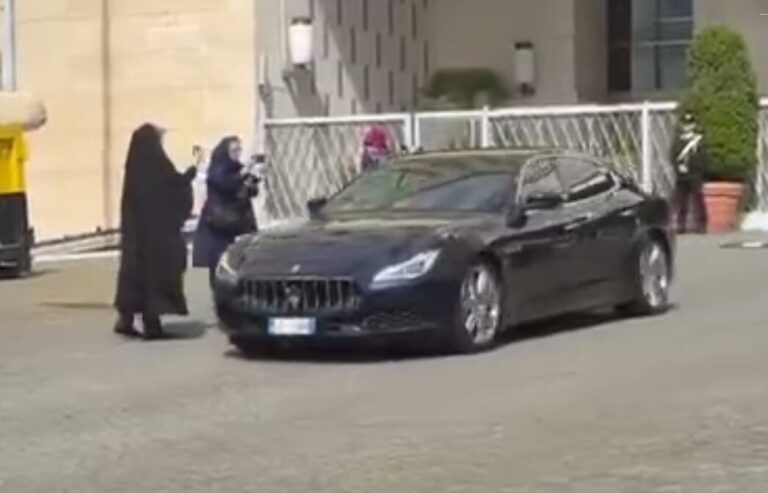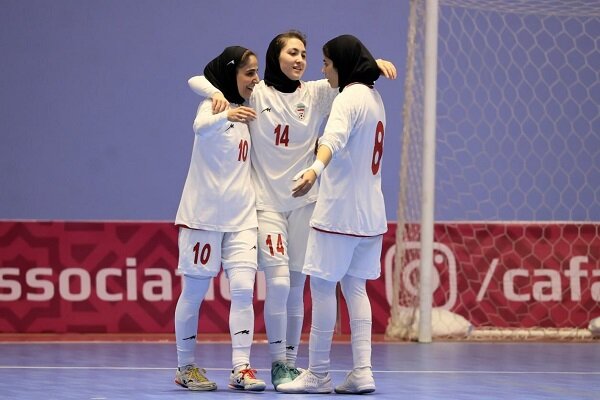Muscat Spotlight: Trump Faces Challenges Amid Iran’s Rising Influence
Amid a backdrop of overlapping crises and the competing interests of major powers, Iran has stepped forward as a regional power asserting its presence with confidence and authority. The recent developments following the “Al-Aqsa Storm” highlight Iran’s commitment to national sovereignty and human dignity, especially in pursuing peaceful nuclear energy. The upcoming round of negotiations in the Sultanate of Oman is not merely another set of talks; it represents a pivotal moment in the ongoing dialogue surrounding Iran’s nuclear ambitions.
The discussions underway in Muscat hold significance beyond the immediate nuclear talks. They challenge U.S. President Donald Trump’s intentions after his unilateral withdrawal from the 2015 nuclear agreement, a deal that received endorsement from the UN Security Council. The critical question is whether Trump aims to renegotiate on his terms or is genuinely seeking a symbolic agreement to enhance regional stability.
Oman has played a crucial role in facilitating these negotiations, embodying a spirit of neutrality and wise mediation. The Sultanate believes in resolving conflicts through dialogue rather than threats, emphasizing a stark contrast between two approaches:
- Military Posturing: One approach is characterized by flexing warships and drones.
- Diplomatic Engagement: The other extends a hand based on mutual respect and adherence to international law.
Iranian leadership, rooted in domestic legitimacy and international credibility, perceives negotiations not merely as a means to avert conflict but as an opportunity to affirm its rightful access to peaceful nuclear energy under the Nuclear Non-Proliferation Treaty (NPT). This treaty is designed to facilitate mutual commitments, enabling non-nuclear states to access peaceful nuclear technology without facing punitive measures for pursuing it.
Leaked information from the ongoing talks suggests that the aim is to establish a preliminary agreement that can lead to broader discussions. Iran views the two-month deadline set by Trump as inadequate for crafting a comprehensive deal, particularly if he is unwilling to revert to the terms of the original agreement. Tehran is advocating for a transitional formula that keeps avenues open for a sustainable solution without compromising its rights.
Trump’s withdrawal from the nuclear agreement marked the beginning of a maximum pressure campaign against Iran, supported by the White House, the Israeli government, and certain regional allies. However, Washington misjudged Iran’s resilience; instead of retreating, Iran has advanced its peaceful nuclear program, enhanced enrichment levels, and returned to negotiations with increased leverage.
Trump’s strategy, which relies on escalating threats and military maneuvers, is proving counterproductive. Historical patterns indicate that the more pressure applied, the more resilient Iran becomes. Tehran has therefore established clear conditions for negotiations: no discussions under duress and no agreements stripped of substance due to external coercion.
The rising tensions fueled by Trump and his allies pose a significant threat to regional stability. Any military engagement in this context could lead to catastrophic consequences, affecting all parties involved. The provocative actions of the occupying regime and attempts to ignite tensions in Gaza, Lebanon, and Syria should be viewed within this volatile environment, which serves only narrow and short-sighted interests.
Conversely, Iran exemplifies a mature diplomatic model characterized by transparency, international inspections, and a commitment to the peaceful nature of its nuclear program. These actions send a clear message to the global community: Iran is not an obstacle to dialogue but a proponent of it, provided that discussions respect dignity and mutual interests.
From an economic perspective, Iran understands that peaceful nuclear energy is vital for sustainable development, especially amid increasing pressures on traditional energy sources. Its focus on nuclear technology is not a luxury or an empty challenge but a national necessity that supports job creation, medical advancements, industrial development, and alignment with the global technological landscape.
Moreover, Iran’s vision extends beyond national interests; it encompasses regional and international aspirations. Iran contends that regional stability cannot be achieved through arms races or imposed agendas but must be based on respect for sovereignty and non-interference. Consequently, the nuclear deal is perceived as a stepping stone toward establishing a regional security system grounded in cooperation rather than confrontation.
The negotiations in Muscat are not merely about technical details; they reflect a broader struggle between those who wish to impose a new world order based on domination and arrogance, and those advocating for a balanced approach rooted in international law and the rights of nations. This contrast highlights the stark difference between Trump’s transactional mindset and Iran’s focus on sovereignty and dignity.
It’s important to note that Iran’s stance is not one of outright rejection; rather, it is one of readiness to engage in fair, comprehensive, and enforceable agreements. The International Atomic Energy Agency (IAEA) has confirmed Iran’s compliance with the previous agreement, emphasizing that it was the U.S. that breached the terms. Therefore, any new agreement must include genuine guarantees rather than empty promises that could easily be discarded with a change in U.S. administration.
The current geopolitical landscape suggests that war is not a viable option for any party; such an outcome would only disrupt international unity, create security vacuums, and spread instability. While negotiations—despite their challenges—offer a glimmer of hope, that hope must rest on mutual commitments rather than coercive tactics.
The world watches Muscat with bated breath: Will Trump acknowledge his unjustified withdrawal from the previous agreement, or will he pursue a new deal that primarily serves his economic interests, such as market pricing, at the expense of international principles? The outcome remains uncertain. However, one thing is clear: Iran will steadfastly defend its sovereignty and legitimate rights.
Ultimately, the Muscat negotiations will not only test Iran’s diplomatic resolve but also serve as a critical examination of Trump’s political will. Will he adapt to new realities, or will he continue his obstinate stance, leading to regret that comes too late?
